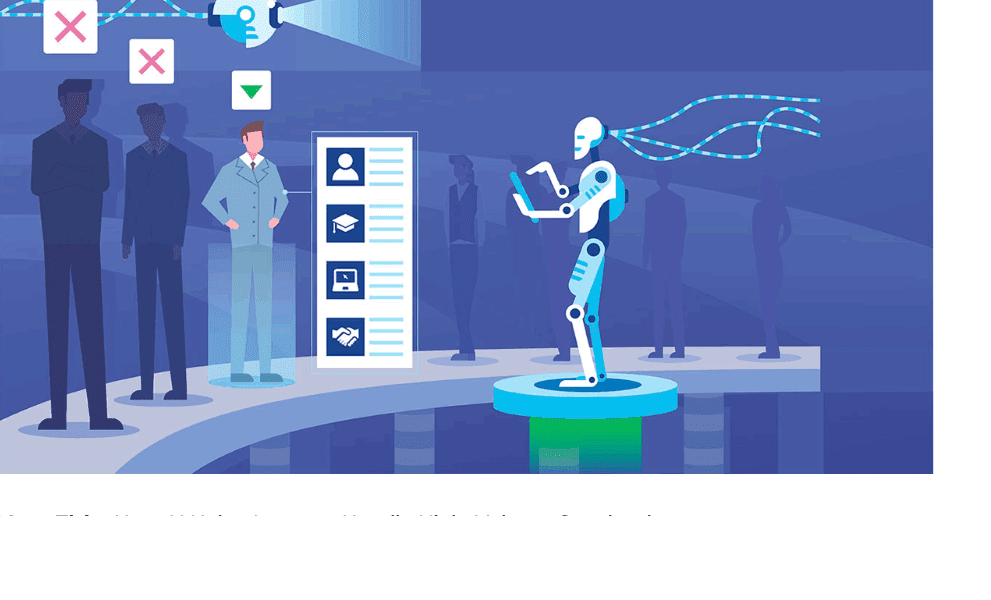How AI Helps Lawyers Handle High-Volume Caseloads

Let’s be honest, managing a high-volume caseload is every lawyer’s version of a treadmill that won’t stop. Between emails, evidence, and client updates, it’s easy to feel buried under work that never seems to end. That’s where artificial intelligence proves itself.
While many have concerns about whether AI is replacing lawyers, the short answer is no. It simply handles the operational work that would otherwise become an additional burden on the attorney’s back. AI reviews discovery documents and drafts motions. These tools are reducing the hours spent on operations and helping legal teams move faster without burning out.
In this post, we’ll break down exactly how AI helps lawyers and law firms manage heavy caseloads.
The Rising Problem of Case Overload
The volume of legal work has skyrocketed. Between complex litigation, tighter deadlines, and growing client expectations, lawyers face heavy case volume.
From the ABA Survey: In 2024, 30% of law firms reported using generative AI tools. Tasks like reviewing medical records, tagging discovery files, or sorting through depositions still consume hours that could be spent strategizing or arguing cases.
It’s not just the big firms that are facing this issue, either. Solo practitioners and small practices feel the same crunch. Many are buried in administrative work like filing, follow-ups, intake, and data entry that leave little time for actual lawyering. This imbalance has forced the industry to rethink how cases are handled. And that rethink begins with AI.
How AI Steps In
AI has entered law as a quiet partner or the kind that handles the tedious stuff no one wants to do. Here’s how it actually helps manage high-volume cases in tangible, measurable ways.
Document Review:
AI-assisted tools such as Relativity AI, Everlaw, and Luminance can analyze thousands of pages of discovery material in minutes. Instead of manually scanning every document, lawyers can now flag relevant evidence faster while maintaining accuracy.
Legal Research:
NLP-driven tools such as Casetext CoCounsel and Harvey search across case law, statutes, and precedents almost instantly. They summarize results, identify trends, and even suggest arguments to turn research that once took hours into minutes. Legal research services follow the same pattern and also include human reviews to achieve accuracy.
Intake & Case Management:
High-volume firms rely on AI-driven case management systems that automatically capture client data, detect duplicates, and assign priority levels based on deadlines or claim types. For example, in personal injury law, AI can categorize medical bills, police reports, and demand letters automatically.
Drafting & Analysis:
Generative AI has made drafting motions, discovery responses, and demand letters easier. These drafts still need attorney review, but AI provides a strong first draft, saving up to 50% of drafting time, according to the Thomson Reuters 2024 Legal AI Report.
Real Results: Quantifiable Efficiency Gains
Here’s what’s interesting. Law firms that use AI aren’t just working faster; they’re delivering better results.
The ABA’s 2024 Legal Technology Survey found that 30.2% of attorneys reported their offices are already using AI-based tools, and 54% said time savings and improved efficiency were the primary benefits of those tools. While the report did not quantify the exact hours saved, firms confirmed that administrative tasks, such as document review and indexing, were routinely cited as contributing to efficiency gains.
AI-powered discovery review can reduce data processing time, especially in mass tort or insurance defence cases where document volume is overwhelming. Even small firms benefit from automating intake, billing, and file organization, giving them the operational edge to compete with larger players.
Still, AI is not a magic wand. It’s only as effective as the team behind it. The most successful law firms are those that combine AI precision with human judgment, using machines for volume and lawyers for vision.
Balancing AI Efficiency with Human Judgment
No matter how powerful AI gets, the law still runs on human reasoning. Legal work revolves around intent, empathy, and persuasion, none of which algorithms can fully grasp.
AI can review thousands of pages or summarize testimony in seconds, but it can’t capture the nuance of a witness statement or anticipate how a jury might react. That’s where human lawyers come in. The real efficiency comes from balance: letting AI handle data-intensive tasks while lawyers focus on interpretation, advocacy, and strategy.
The best-performing firms treat AI as an assistant, not a decision-maker. They automate processes but maintain human oversight in every legal judgment. This approach keeps clients confident and maintains ethical standards.
Ethical and Regulatory Considerations
The rise of AI in law hasn’t come without concern. Courts, bar associations, and tech regulators are still figuring out how to govern AI’s role in legal practice.
The American Bar Association has issued guidance emphasizing the attorney’s responsibility, even when AI assists in drafting or reviewing. That means if an AI tool makes an error, a hallucinated citation, for instance, the lawyer is still accountable.
Privacy is another concern. AI systems handling client data must comply with strict confidentiality rules, including state bar ethics opinions and global data laws such as the GDPR. Using AI responsibly means knowing how these systems store, learn, and share data.
Law firms are now working with specialized IT Services teams to audit AI tools, ensuring data stays secure and free of bias. In law, a technical shortcut isn’t worth the ethical risk.
The Future of High-Volume Practice
AI is changing the way law firms think about scale. Traditional staffing models are evolving; instead of hiring more paralegals or assistants, firms are investing in automation and AI Development Services to handle repeatable legal work.
AI lets firms take on more clients without lowering quality or exhausting staff. Large firms use AI for document-heavy litigation, while smaller ones use it to stay competitive by automating intake, scheduling, and discovery tasks.
The future will favor lawyers who understand technology as much as they know the law. The ability to operate alongside AI tools will become a core skill in modern legal practice.
Summing Up
AI is a necessity. The legal world isn’t debating if it should adopt AI anymore; it’s learning how to use it better.
Firms that embrace AI now are already seeing lighter caseloads, faster client response times, and more focused attorneys. Those who resist will eventually realize that the competition isn’t another firm, it’s time itself.
AI doesn’t replace the lawyer. It restores them to what they were always meant to do, like think, argue, and win cases.





